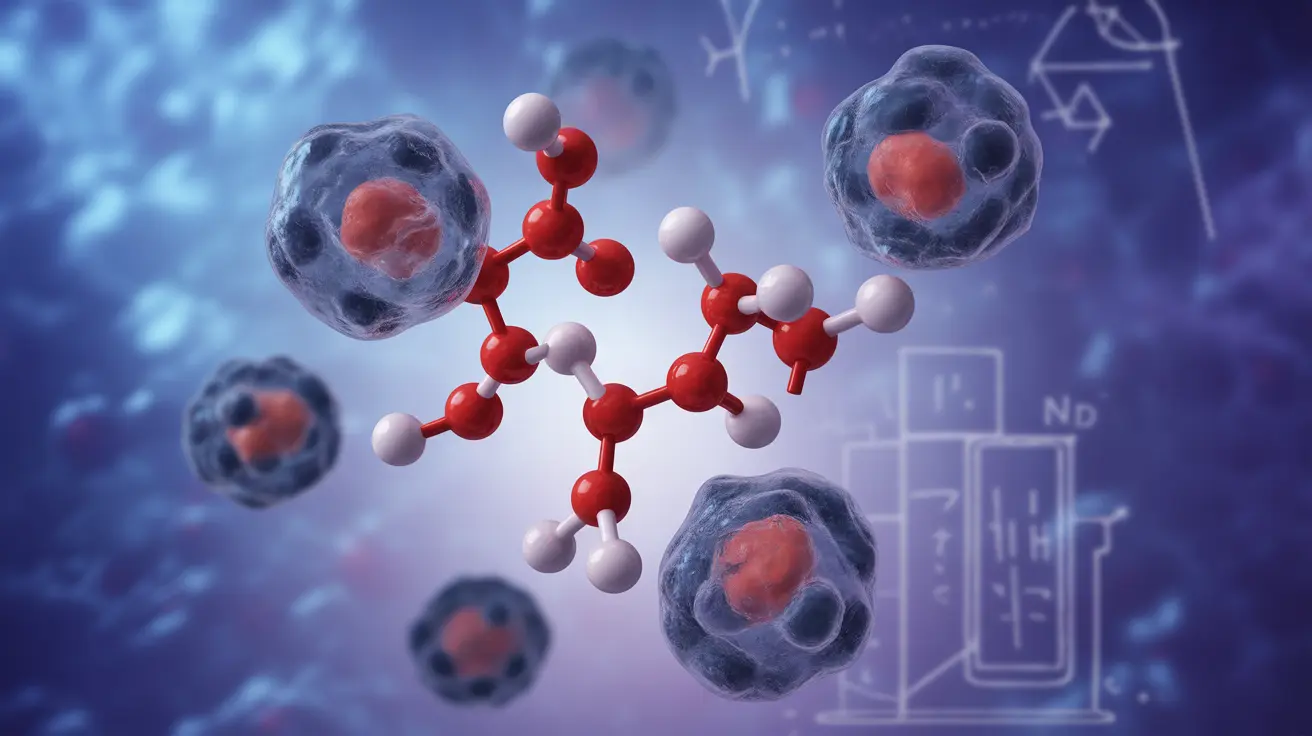The use of hydrogen peroxide as an alternative cancer treatment has gained attention in recent years, prompting important discussions about its safety and effectiveness. As patients and families search for cancer treatment options, it's crucial to understand the scientific evidence, potential risks, and medical consensus surrounding this controversial approach.
This comprehensive guide examines the claims, research, and medical expertise regarding hydrogen peroxide's proposed use in cancer treatment, helping you make informed decisions about your health care.
Understanding Hydrogen Peroxide and Cancer Treatment Claims
Proponents of hydrogen peroxide therapy suggest that increasing oxygen levels in the body can create an environment where cancer cells cannot thrive. This theory stems from Nobel Prize winner Otto Warburg's observation that cancer cells prefer anaerobic conditions. However, the scientific reality is far more complex than these claims suggest.
The Scientific Evidence
Current medical research does not support using hydrogen peroxide as a cancer treatment. While laboratory studies have examined hydrogen peroxide's effects on cancer cells, these findings cannot be safely translated to human treatment for several important reasons:
- Laboratory conditions differ significantly from the human body
- Cancer biology is extremely complex and varies by type
- Direct application of hydrogen peroxide to living tissue can cause severe damage
- No clinical trials have demonstrated safety or effectiveness
Medical Risks and Dangers
Healthcare professionals strongly caution against using hydrogen peroxide as a cancer treatment due to serious health risks:
Internal Use Dangers
Ingesting or injecting hydrogen peroxide can lead to:
- Gas embolisms in blood vessels
- Severe tissue damage
- Internal burns
- Gastrointestinal perforation
- Life-threatening complications
External Use Concerns
Even topical application of concentrated hydrogen peroxide can result in:
- Chemical burns
- Skin inflammation
- Tissue damage
- Delayed wound healing
Why Some People Consider Alternative Treatments
The appeal of alternative cancer treatments often stems from:
- Frustration with conventional treatment options
- Desire for natural remedies
- Fear of traditional cancer treatments
- Misleading information online
- Testimonials that may not represent scientific evidence
Evidence-Based Cancer Treatment Approaches
Instead of pursuing unproven and potentially dangerous treatments, cancer patients should consider established, evidence-based treatments such as:
- Surgery
- Chemotherapy
- Radiation therapy
- Immunotherapy
- Targeted therapy
- Clinical trials of promising new treatments
Frequently Asked Questions
Is hydrogen peroxide a safe and effective treatment for cancer?
No, hydrogen peroxide is not a safe or effective cancer treatment. There is no scientific evidence supporting its use, and medical experts warn that it can cause serious harm or death when used internally.
What are the risks and side effects of using hydrogen peroxide to treat cancer?
Risks include severe internal burns, tissue damage, gas embolisms, organ damage, and potentially fatal complications. Even external application can cause chemical burns and tissue injury.
How does hydrogen peroxide theoretically work against cancer cells, and what does science say about this?
The theory suggests increasing oxygen levels could harm cancer cells, but scientific evidence doesn't support this approach. Cancer biology is far more complex, and introducing hydrogen peroxide into the body can cause severe damage to healthy tissues.
Can ingesting or injecting hydrogen peroxide help cure cancer?
No, ingesting or injecting hydrogen peroxide cannot cure cancer. These practices are extremely dangerous and potentially fatal. No scientific evidence supports these uses, and medical professionals strongly advise against them.
Why do medical experts advise against using hydrogen peroxide as an alternative cancer therapy?
Medical experts oppose this treatment due to the complete lack of scientific evidence supporting its effectiveness and the significant risks of serious injury or death. They emphasize that patients should pursue proven, evidence-based treatments under proper medical supervision.
If you're considering alternative cancer treatments, always consult with qualified healthcare providers who can guide you toward safe, evidence-based options that offer the best chance for successful treatment.




